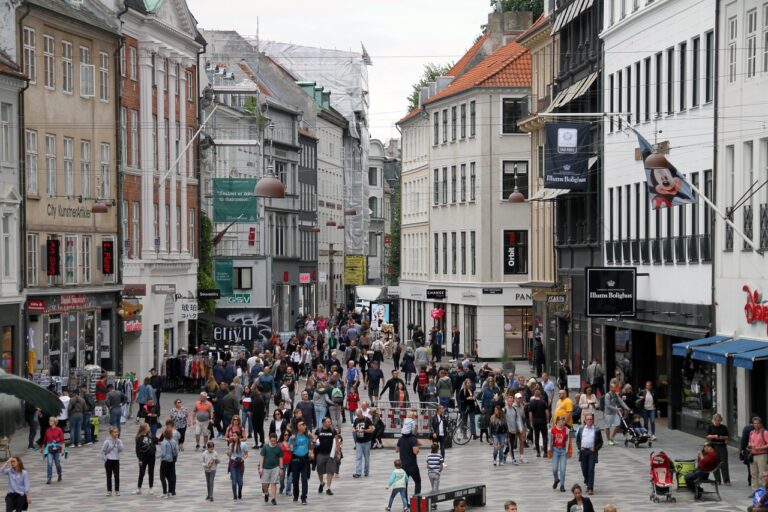How 3D Printing is Revolutionizing Customized Products
In the realm of manufacturing, customization has been undergoing a significant evolution. Companies are increasingly embracing the idea of tailored products to meet the unique needs and preferences of their customers. This shift towards customization has been driven by advancements in technology, allowing manufacturers to efficiently produce personalized goods on a large scale.
Gone are the days of mass-produced one-size-fits-all products dominating the market. Today, consumers are seeking products that reflect their individuality and cater to their specific requirements. As a result, manufacturers are investing in flexible production processes that enable them to easily adapt to changing consumer demands and offer a wider range of customized options. This evolution in customization is not only reshaping the manufacturing industry but also revolutionizing the way products are designed, produced, and consumed.
The Impact of 3D Printing on Product Personalization
3D printing technology has revolutionized the way products are personalized for consumers. With the ability to create intricate designs and structures, manufacturers can cater to individual preferences and needs like never before. This level of customization allows for unique and personalized products that truly stand out in the market.
Moreover, the speed and efficiency of 3D printing have streamlined the production process, making it easier and quicker to fulfill customized orders. This not only benefits consumers who receive their personalized products in a shorter amount of time but also allows manufacturers to adapt to changing trends and demands more effectively. Overall, 3D printing has significantly enhanced the realm of product personalization in the manufacturing industry.
What is product personalization?
Product personalization is the process of customizing a product to meet the specific preferences or needs of an individual consumer.
How has customization evolved in manufacturing?
Customization in manufacturing has evolved from mass production to mass customization, where products are tailored to individual preferences through various technologies and techniques.
What is 3D printing?
3D printing is a manufacturing process that creates three-dimensional objects by layering material based on a digital model.
How does 3D printing impact product personalization?
3D printing allows for on-demand production of customized products, enabling companies to offer personalized products at scale and reduce lead times.
What are the benefits of using 3D printing for product personalization?
Some benefits of using 3D printing for product personalization include increased design flexibility, reduced waste, and the ability to create complex geometries that are not possible with traditional manufacturing methods.





